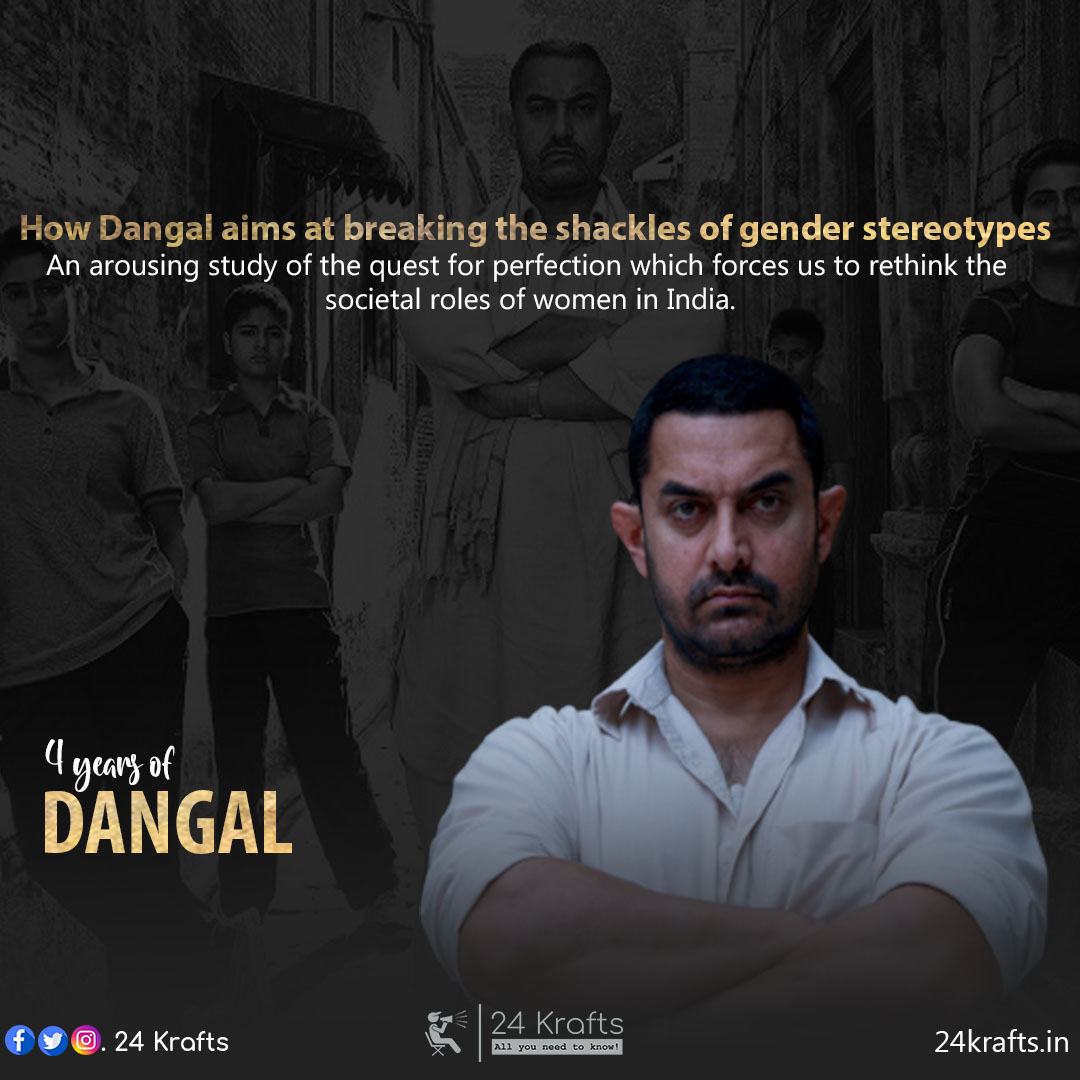“Interstellar,” an outer-space survivalist epic created by the director Christopher Nolan and his brother Jonathan, with whom he co-wrote the screenplay, is fervently incomprehensible, a movie designed to separate the civilians from the geeks, with the geeks apparently the target audience.
Interstellar is all about astronauts travelling to the other end of the galaxy to find a new home to replace humanity’s despoiled home-world, is frantically busy and earsplittingly loud. It uses booming music to jack up the excitement level of scenes that might not otherwise excite. It features characters shovelling exposition at each other for almost three hours, and a few of those characters have no character to speak of, they’re mouthpieces for techno-babble and philosophical debate.
Nolan’s 2010 movie, “Inception,” offered layers of dreaming consciousness, each outfitted with its style of action. The complexity of the plot, which Nolan is famous for, created a hard time for the audience to process a lot in a span of about 150 minutes. In Interstellar, however, Nolan goes for a master narrative. The movie is pretty impressive and at times astonishing that it overwhelms the audience to the point where the usual visual objections to Nolan’s works are melted away.
There’s something pure and powerful about this movie. It is hard to recall a science fiction film hard-sold to a director’s fans as multiplex-“awesome” in which so many major characters wept openly in close-up, voices breaking, tears streaming down their cheeks.
Like so many recent big movies, Interstellar begins when the earth has had it. The amount of nitrogen in the air is increasing, the oxygen is decreasing, and, after a worldwide crop failure, dust storms coat the Midwest, drying out the corn, the only grain that is still growing. But all is not lost. God of Fortune or a Higher Intelligence has entered the game and has placed near Saturn a traversable wormhole, a tunnel in space-time, providing an expressway out of the galaxy and on to the countless stars and planets beyond.
Matthew McConaughey’s widowed astronaut Cooper and his colleague Amelia Brand (Anne Hathaway) pour on the waterworks in multiple scenes, with justification: like everyone on the crew of the Endurance, the starship sent to a black hole near Jupiter that will slingshot the heroes towards colonize-able worlds, they’re separated from everything that defines them: their loved ones, their personal histories, their culture, the planet itself. Other characters—including Amelia’s father, an astrophysicist played by Michael Caine, and a space explorer (played by an unbilled guest actor) who’s holed up on a forbidding arctic world—express a vulnerability to loneliness and doubt that’s quite raw for this director.
The state-of-the-art sci-fi landscapes are deployed in service of Hallmark card homilies about how people should live, and what’s important. After a certain point, it sinks in, or should sink in, that Nolan and his co-screenwriter, Brother Jonathan Nolan, aren’t trying to one-up the spectacular rationalism of “2001.” The movie’s science fiction trappings are just wrapping for a spiritual/emotional dream about basic human desires, as well as for a horror film of sorts, one that treats the star voyagers and their earthbound loved ones separation as spectacular metaphors for what happens when the people we value are taken from us by death, illness, or unbridgeable distance.
While “Interstellar” never entirely commits to the idea of a non-rational, uncanny world, it nevertheless has a mystical strain, one that’s unusually pronounced for a director whose storytelling has the right-brained sensibility of an engineer, logician, or accountant. There’s a ghost in this film, writing out messages to the living in dust. Characters strain to interpret distant radio messages as if they were ancient texts written in a dead language and stare through red-rimmed eyes at video messages sent years ago, by people on the other side of the cosmos.
The movie’s storytelling masterstroke comes from adherence to principles of relativity, the astronauts perceive time differently depending on where Endurance is, which means that when they go down onto a prospective habitable world, a few minutes there equal weeks or months back on the ship. Meanwhile, on Earth, everyone is ageing and losing hope. Under such circumstances, even tedious housekeeping-type exchanges become momentous, one has to think twice before arguing about what to do next, because while the argument is happening, people elsewhere are going grey, or suffering depression from being alone, or withering and dying. Here, more so than in any other Nolan film, time is everything. “I’m an old physicist,” Brand tells Cooper early in the film. “I’m afraid of time.” Time is something we all fear. There’s a ticking clock governing every aspect of existence, from the global to the familial. Every act by every character is an act of defiance, born of a wish to not go gently.
The Nolans take us into the farthest mysteries of space-time, where, they assure us, love joins gravity as a force that operates across interstellar distances. The Earth may die, but love will triumph. For all his dark scenarios, Christopher Nolan turns out to be a softie.



